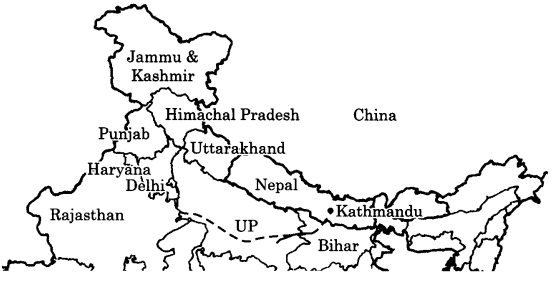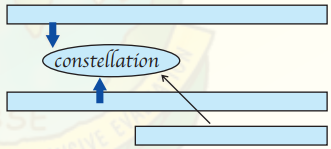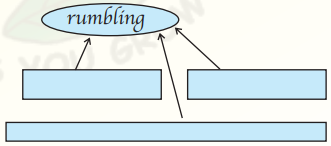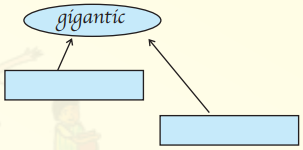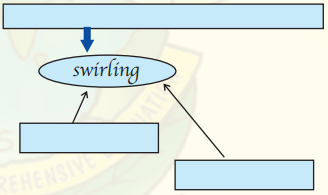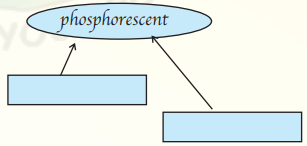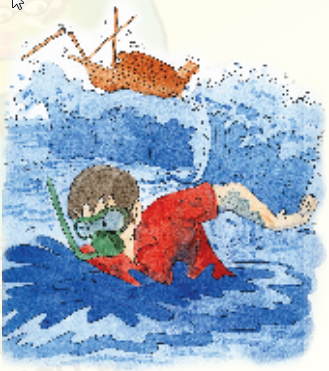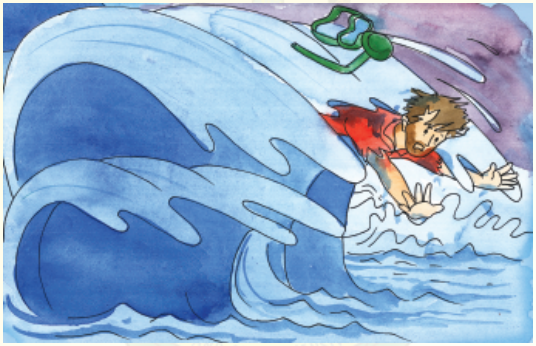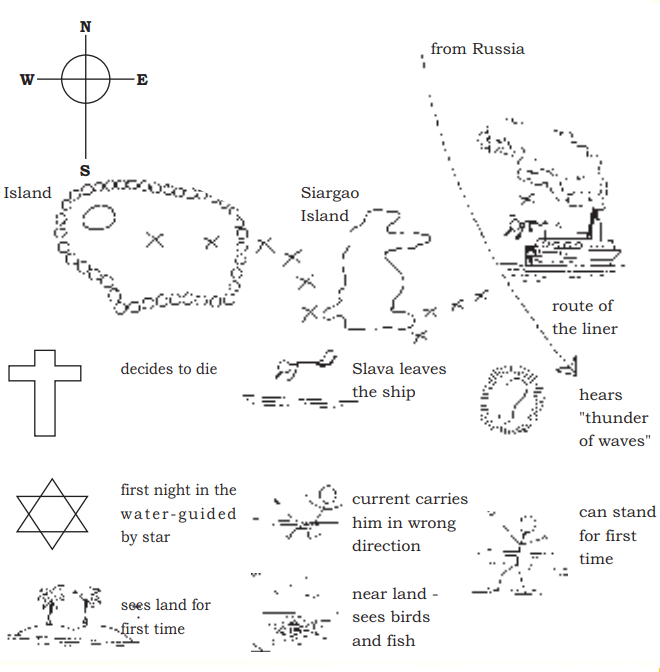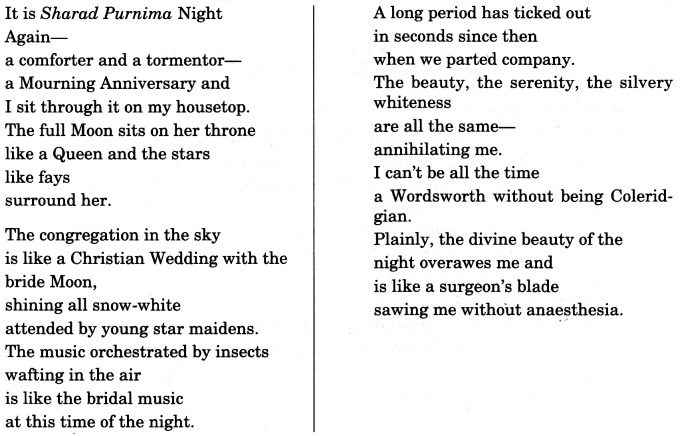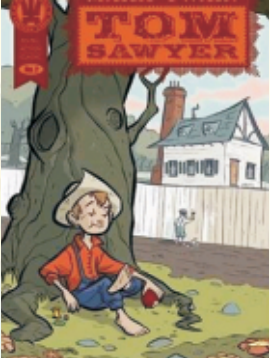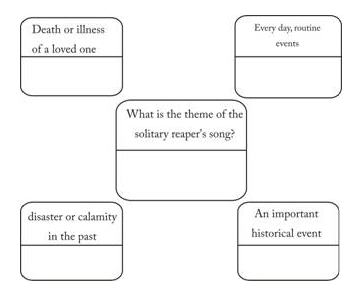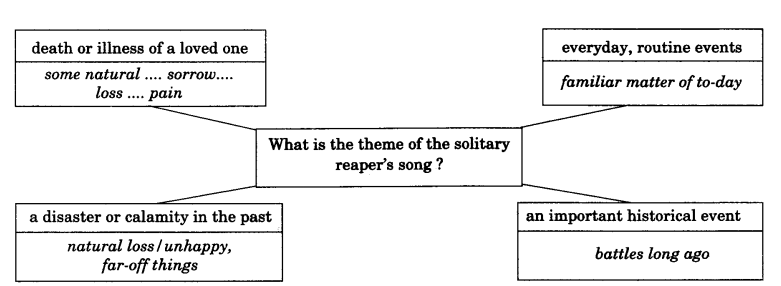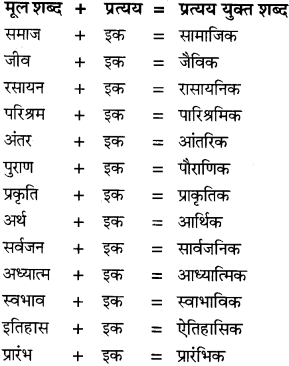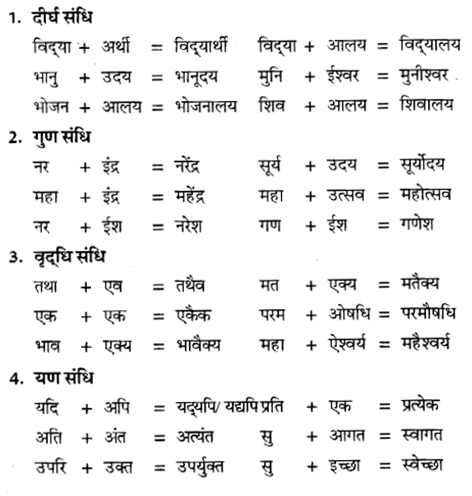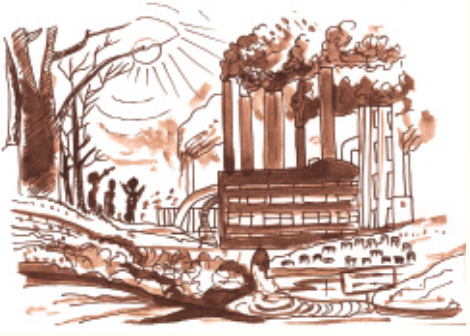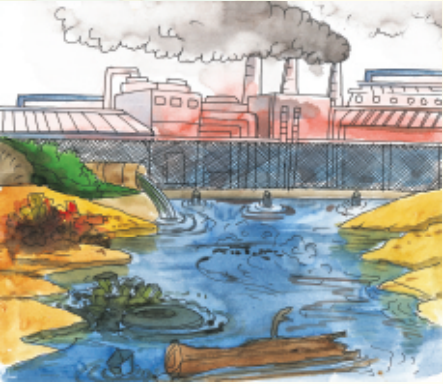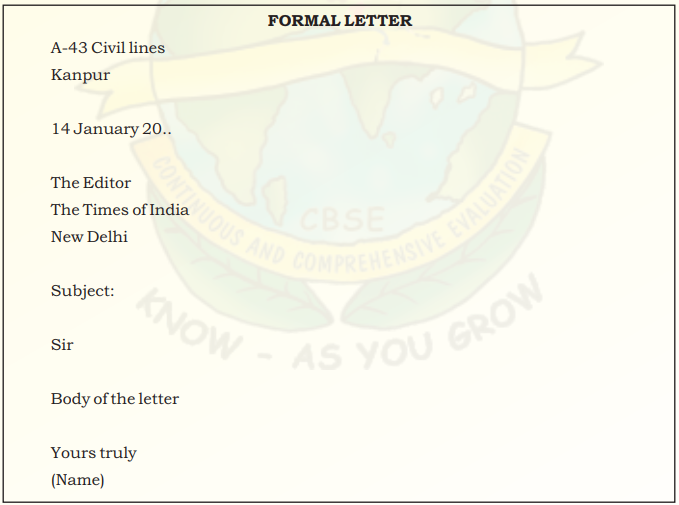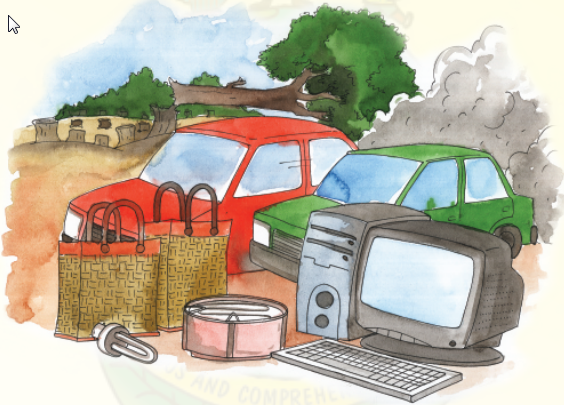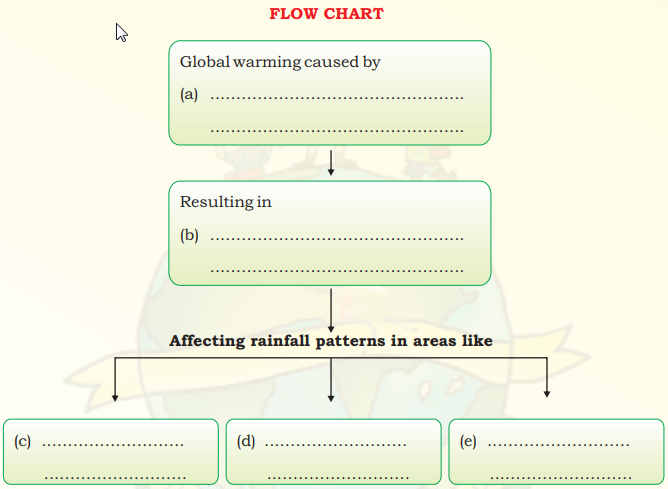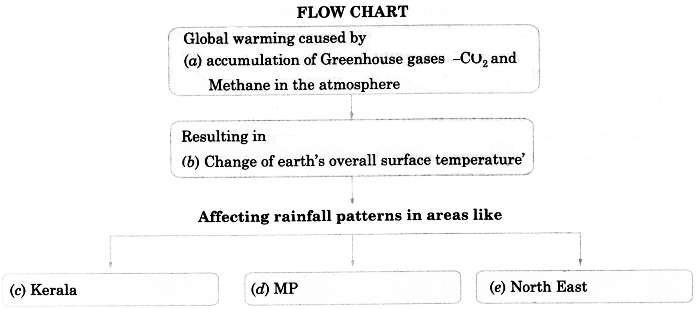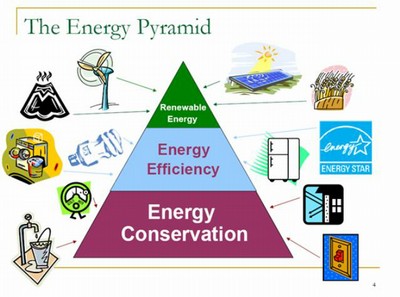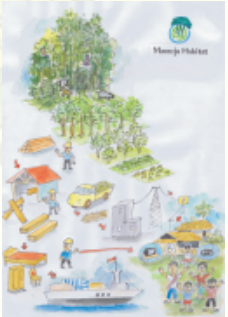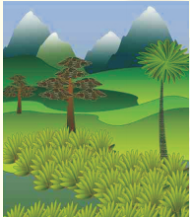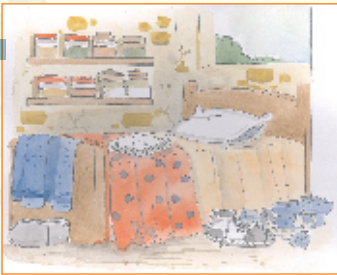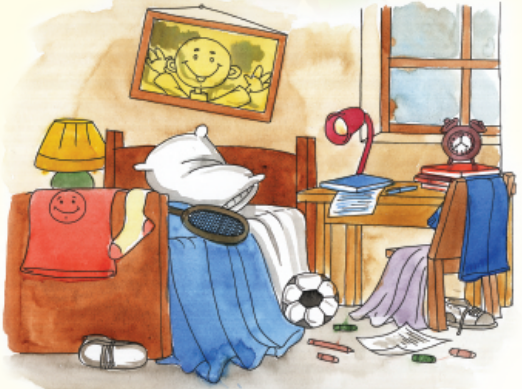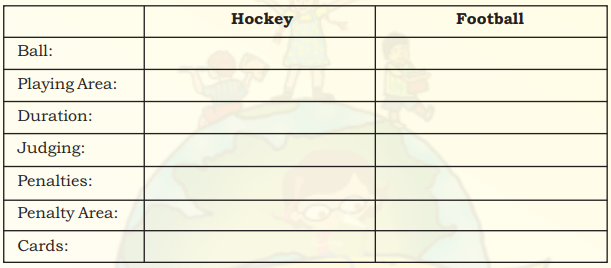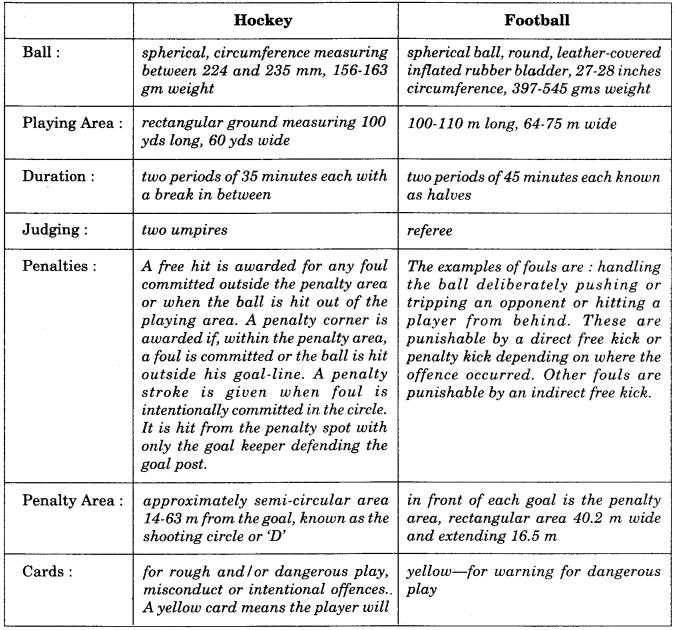NCERT Solutions for Class 9 English Literature Chapter 3 The Man Who Knew Too Much are part of NCERT Solutions for Class 9 English. Here we have given NCERT Solutions for Class 9 English Literature Chapter 3 The Man Who Knew Too Much.
| Board | CBSE |
| Textbook | NCERT |
| Class | Class 9 |
| Subject | English Literature |
| Chapter | Chapter 3 |
| Chapter Name | The Man Who Knew Too Much |
| Number of Questions Solved | 9 |
| Category | NCERT Solutions |
NCERT Solutions for Class 9 English Literature Chapter 3 The Man Who Knew Too Much
TEXTUAL EXERCISES
(Page 22)
Question 1.
With your partner, discuss and narrate an incident about a person who likes to show off.
Check whether your classmates agree with you.
Answer
Mainly for class level. One such incident is given below :
Last year we had Preeti in our class. Now she has left the school. Preeti was very showy by nature. She belonged to a rich family and had, perhaps, inherited this trait. She always wanted to demonstrate that she was the ultimate genius. So she always spoke before the teacher spoke while teaching. She was snubbed many a time. But she never mended her habits of poking her nose in everybody’s affairs.
After a few months, a new English teacher came. He had a vast knowledge and was, in fact, a master of literature. He taught by precepts and examples. Preeti went on with her habits. One day out of irritation, he called Preeti to him. He then asked her to teach a particular portion of the textbook which had depth of thought. Preeti rose to teach but she fumbled horribly. The whole class roared with laughter and ridicule. This set at rest Preeti’s showing off for sometime.
Question 3.
The ‘Professor’ knew too much. How did he prove himself ? Fill up the space with suitable examples from the story, using the given clues :
- about muzzle velocity : _____
- after a thirty mile walk : _____
- his salute on payday : ______
- the loud sound of a high flying invisible aeroplane : _______
- about hand grenades : _______
- during cook house duties :. _______
Answer
- He gave the exact speed of the bullet leaving the rifle after being fired.
- He didn’t feel tired even after thirty mile walk. He would ask then if he could sing a song. It was to show off that thirty mile walk hadn’t tired him.
- When he saw officers he would swing his arms to salute them. Then he would march to the canteen like a Guardsman.
- He judged the aeroplane without looking at it and recognising its model or make. He told at once that it was a North American Harvard Trainer. Not only this. He also told its droning sound rose due to the airscrew.
- One summer afternoon Corporal Turnbull was speaking on hand grenades. He told the squad that a grenade’s outside was divided up into a large number of fragments. It was to assist segmentation. Private Quelch at once spoke that these fragments were forty-four amazing the Corporal. This irritated the Corporal. But he controlled his irritation and asked him to deliver the lecture. Private Quelch delivered a fine lecture on hand grenades.
- During cookhouse duties he made the three cooks stand against the wall. He then showed his disagreement with the peeling of potatoes. He told them that the method the potatoes were peeled caused much loss in their vitamin values.
Question 4.
Based on your reading of the story, answer the following questions by choosing the correct options.
(a) Private Quelch was nick-named ‘Professor’ because of ____
- his appearance.
- his knowledge.
- his habit of reading.
- his habit of sermonising.
(b) One could hammer nails into Corporal Turnbull without his noticing it because ____
- he was a strong and sturdy man.
- he was oblivious to his surroundings.
- he was a brave corporal.
- he was used to it.
(c) The author and his friend Trower fled from the scene as _____
- they had to catch a train.
- they could not stand Private Quelch exhibiting his knowledge.
- they felt they would have to lend a helping hand.
- they did not want to meet the cooks.
Answer
(a) 2
(b) 1
(c) 2
Question 5.
Answer the following questions briefly :
- What is a ‘nickname’ ? Can you suggest another one for Private Quelch ?
- Private Quelch looked like a ‘Professor’ when the author first met him at the training depot. Why ?
[V. Imp.] - What does the dark, sun-dried appearance of the Sergeant suggest about him ?
- How was Private Quelch’s knowledge exposed even further as the Sergeant’s classes went on ?
- What did the Professor mean by “intelligent reading” ?
- What were the Professor’s ambitions in the army ? [V. Imp.]
- Did Private Quelch’s day to day practices take him closer towards his goal ? How can you make out ?
- Describe Corporal Turnbull.
- How did Private Quelch manage to anger the Corporal ? [V. Imp.]
- Do you think Private Quelch learnt a lesson when he was chosen for cookhouse duties ?
Give reasons for your answer.
Answer
1. Nickname is actually a name given to a person seeing his most prominent character traits. For instance; if a person is skinny, lean and lanky and looks like a cartoon he could be nicknamed as Mr. Skinny, or Mr. Lanky or Mr. Scarecrow. The humorous side is also touched in nicknaming. Another name for Private Quelch could be Mr. Linku or Cheekucheek.
2. Private Quelch looked like a ‘Professor’ because of his being lean, lanky and stooping like most of the Professors. His horn-rimmed spectacles enhanced this image as a man of knowledge who had almost all facets of human knowledge.
3. This suggests that the Sergeant was very confident, harsh and a hard task master. Also he was very much confident of his trade.
4. The Sergeant didn’t bother about Private Quelch’s telling the exact muzzle speed. He had technical definitions of the parts of the rifle, its use and care etc, by heart. He told the Sergeant that it was all due to his intelligent reading.
5. By ‘intelligent reading’ the Professor meant that whatever one read one was to keep that in mind. One was to memorize and apply the knowledge in increasing it more.
6. The Professor wanted a commission in the army. But before that he would strive for various stripes, that is, decoration ribbons.
7. Yes, I think his day to day practices took him closer towards his goal. He wanted a commission in the army. His knowledge about things relating to it would prove a plus point in his attaining his goal of life. Then he remained physically untired even after thirty mile walk-off. These two things bring a man closer to his goal in the defence forces.
8. Corporal Turnbull was a young man with a serious nature. He was wise and practical. He couldn’t be trifled with. He was the hero of the squad. One summer afternoon he was talking about the segments of a hand grenade without telling how many these were. Private Quelch interrupted him saying these were forty-four. This shocked the Corporal and he tossed the hand grenade to the Professor. He asked him to deliver the lecture. When Private Quelch finished he thanked him.
9. Private Quelch angered the squad at many occasions. In recognising the aeroplane, he humbled the narrator and others. Then he cut a joke of presenting a song after a thirty-mile walk-off which had drained all. They could hardly speak due to tiredness. But he wasn’t. Finally, his commentary on peeling the potatoes that resulted in the loss of vitamin values angered the narrator. The narrator had to flee due to that.
10. I don’t think Private Quelch learnt a lesson in his cookhouse duties. If he had had such a sensitive nature he would have learnt it when the Sergeant posed questions to him. In a way, to poke one’s nose in all spheres had become Private Quelch’s habit. He never minded if he was belittled or made fun of. He only made the narrator flee because of his professional habits.
Question 6.
At first, Private Quelch was a hero in the eyes of his fellow soldiers. Support this observation with suitable examples from the story in about 100 words.
Answer
Yes, Private Quelch was a hero in the eyes of his fellow soldiers. It was due to his intelligence and knowledge. His knowledge covered all aspects of human life. He had read a large number of military or army manuals. He spoke with confidence and corrected the Sergeant when he told the muzzle speed. The Sergeant felt insulted. He directed more questions to Private Quelch. In answering to those questions Quelch raised his status in the eyes of his soldiers.
Then he remained untired even after walking thirty mile walk-off. He told the Sergeant that his knowledge was all due to intelligent reading. His lecture after Corporal Turnbull asked him to deliver won him glory. Then his recognition of the aeroplane by its droning sound raised his glory. Clearly, Private Quelch had a genuine aim to get a commission in the army. He rightly deserved it because of his vast knowledge about military discipline and physical fitness.
Question 7.
Private Quelch knew ‘too much’. Give reasons to prove that he was unable to win the admiration of his superior officers or his colleagues in about 100 words.
Answer
It is a fact that Private Quelch knew ‘too much’ about army things. But he lacked ability to win the hearts and admiration of his superior officers or colleagues. He had a vast knowledge of military affairs. He had a specific aim of getting a commission. But his knowledge, discipline, physical ability and other things were not everything to fulfil his goal. He had a serious weakness of character. He spoke but not at a right time and to right people.
His correcting the Sergeant about the muzzle velocity amounted to indiscipline. Then it irritated and hurt the Sergeant’s ego. Officers like the Sergeant and Corporal Turnbull could recommend his case for a commission because of their goodness and genuine human qualities. But Private Quelch spoiled his own case by knowing “too much” of everything. Finally, he made all his enemies by his immature ‘talkativeness’. The narrator naturally fled when Private Quelch talked of vitamin loss in the peeling of potatoes.
Question 8.
- Write down the positive and negative traits of Private Quelch’s character instances from the story.
- Now, share your notes with the class. Add details if you need to.
- Attempt a character sketch of Private Quelch using your notes in about 100 words. [V. Imp.]
Answer
1.
| Positive traits | Instances from the story |
| (i) intelligence | correcting muzzle’ velocity |
| (ii) untiredness | willing to sing a song even after 30-mile walk-off |
| (iii) hardworking in pursuit of his ambition | reading, marching, taking care of his fellow- trainers |
| (iv) mental and physical alertness | feeling fresh even after walking 30 miles, ready to sing a song thereafter |
| negative traits | Instances from the story |
| (i) indisciplined | correcting the Sergeant in his comment on the muzzle velocity |
| (ii) quick-witted | in his answer to the Sergeant when he asked if he had any training before |
| (iii) talkativeness and willingness to be number one in almost things | his lecturing to other trainers on every aspect of human knowledge |
| (iv) over-indulgence in the affairs of all | His saying “Thank you, sir !” when he was not needed. It was at the time when the narrator had cleaned his hut and the Orderly Officer had praised him. |
2. Students to share these notes with other students at class level.
3. Private Quelch was, no doubt, intelligent more than required. He was specific and clear in his goal of life. He wanted to have a commission in the army. He had motivated himself towards attaining this goal. He was hardworking. He had read many training manuals to be perfect in his knowledge of military or army things. He had physical ability also.
This is clear in his being unexhausted even after a thirty-mile walk-off. Then his readiness to help and correct others almost to the point of selflessness made him a perfect military man. He had a large heart also as he didn’t mind when others made fun of him. But despite these plus points he had some negative points. These made him unwanted and hateful. For instance, his correcting the Sergeant in his muzzle speed and lecturing the cooks over the peeling of the potatoes made him undesirable and a man to avoid.
WRITING TASK
Question 9.
You are the ‘ProfessorWrite a diary entry after your first day at the cookhouse, describing the events that led to this assignment, also express your thoughts and feelings about the events of the day in about 175 words. [V. Imp.]
Answer
10th September, 2015 10.00 pm
I feel a bit excited at my nomination for permanent cookhouse duties. I think, I deserved it due to my intelligence and sincerity to the subject and devotion. Secondly, my readiness to help all and my vast knowledge shall enable me to achieve my goal. I shall surely earn a commission in the army.
I have already made myself known in the field of knowledge about almost all things. These relate to army, ammunition, enemy tactics etc. I have acquired all this knowledge by intelligent reading. This should be the level of knowledge for a person who wants a commission in the army. The Sergeant and Corporal Turnbull should feel proud of me due to my correcting them on the muzzle speed and hand grenades.
The platoon officer deserves all thanks to have given me the cookhouse duties. How I called the cooks to lecture them on preserving the nutritional values of the food items ! They were amazed at my knowledge and practical advice. I rightly told them how food could be cooked without wasting its nutritional value. I asked my fellow-soldiers about the food cooked under my directions. They all expressed their joy over its taste. But some expressed amazement.
I must thank Corporal Turnbull for putting me on cookhouse duties. When I told my soldier-fellows of it, I appeared very innocent. But I stood nominated by him, though they kept this as a joke for days together.
I am confident that I shall prove my worth with great dedication and devotion to my duties. All will be greatly benefited by my knowledge and expertise.
We hope the NCERT Solutions for Class 9 English Literature Chapter 3 The Man Who Knew Too Much help you. If you have any query regarding NCERT Solutions for Class 9 English Literature Chapter 3 The Man Who Knew Too Much, drop a comment below and we will get back to you at the earliest.
